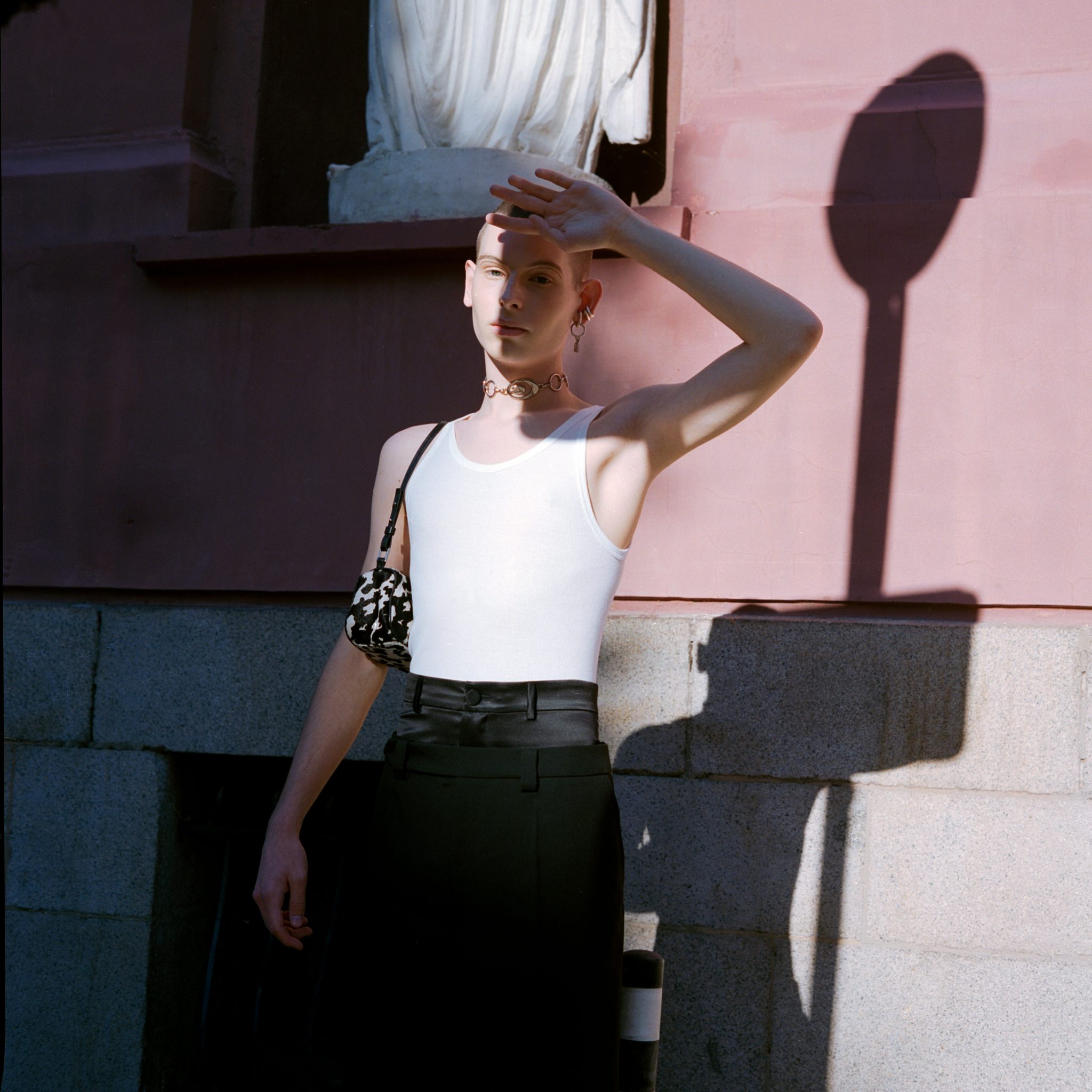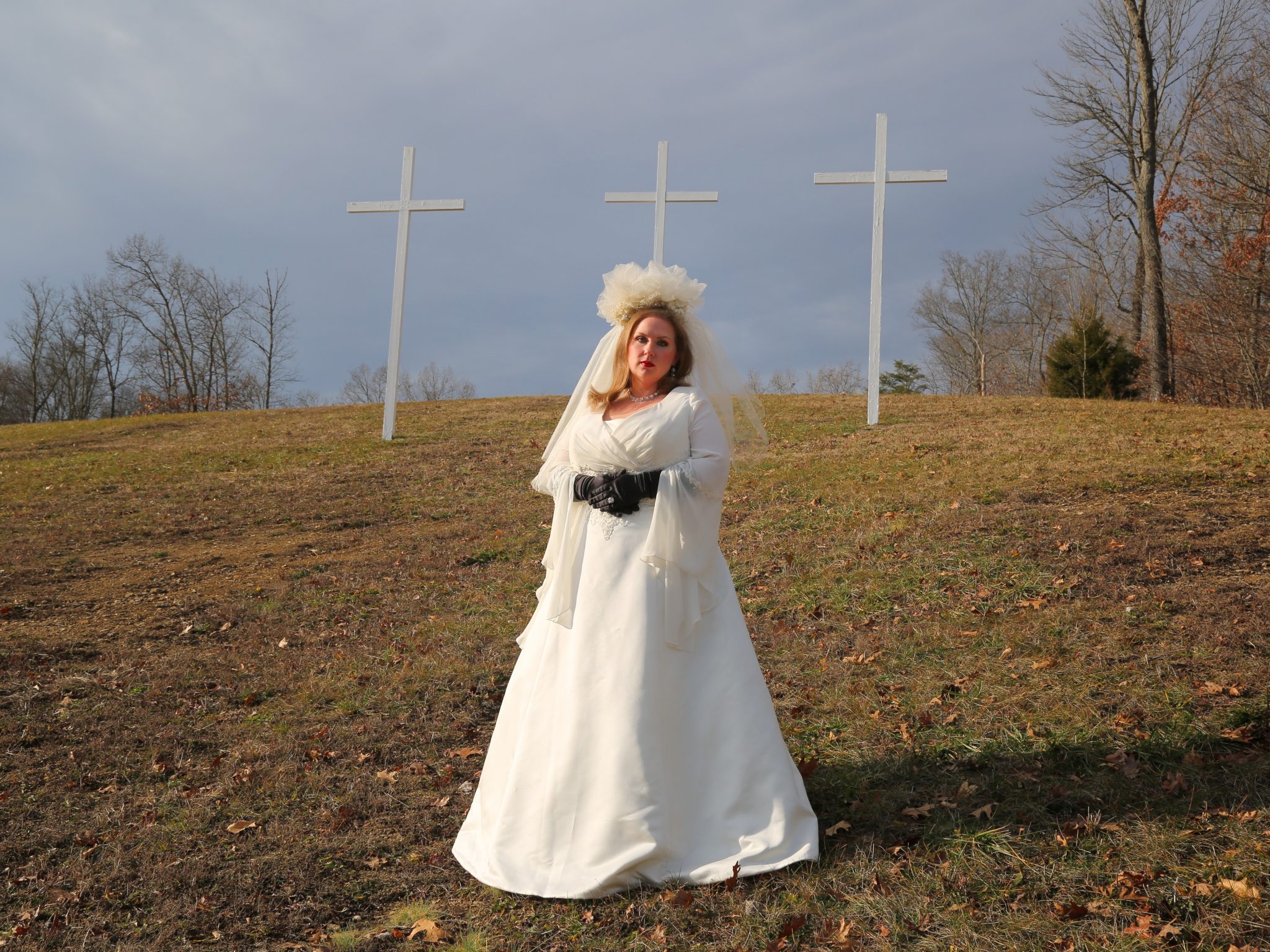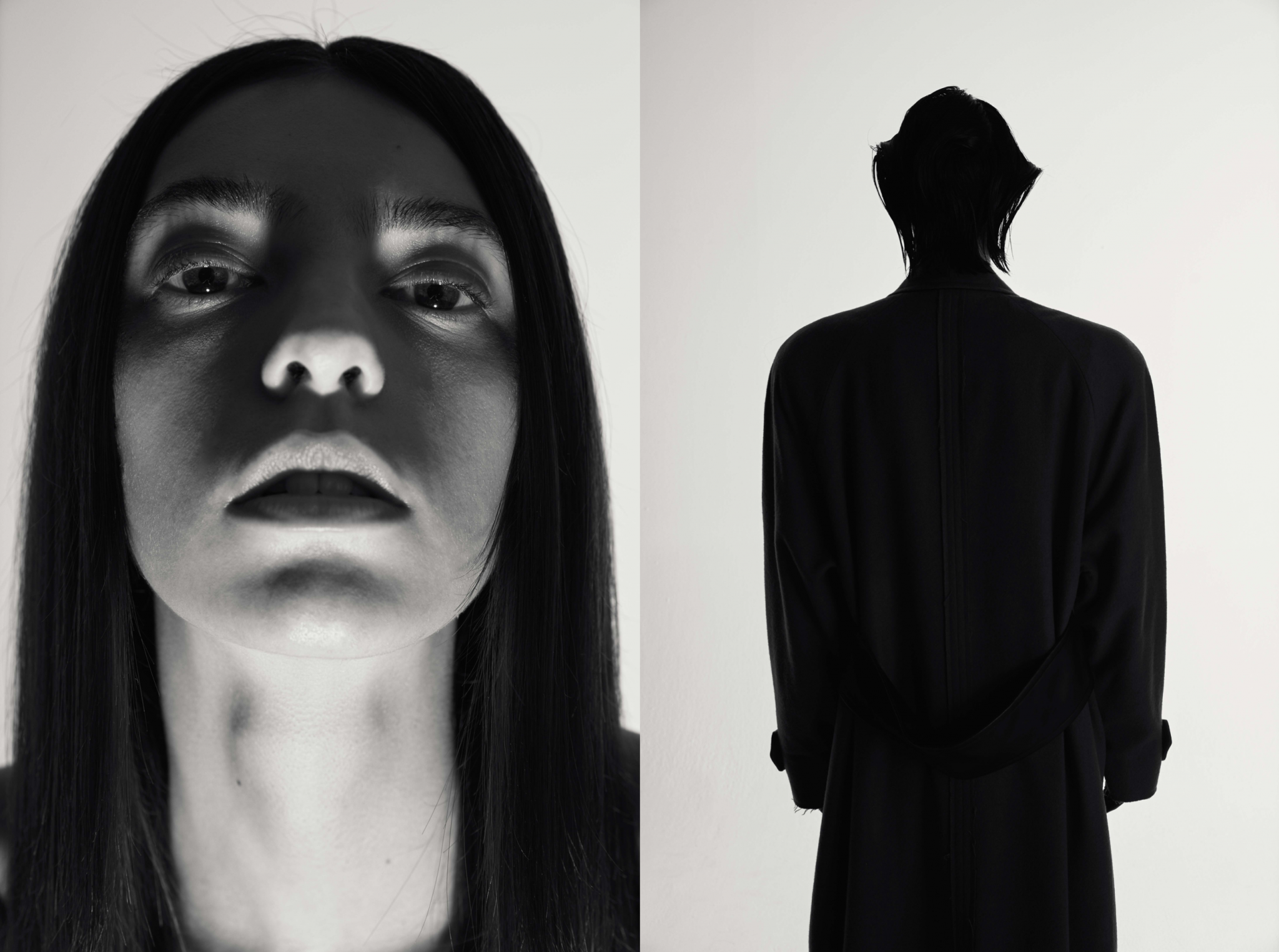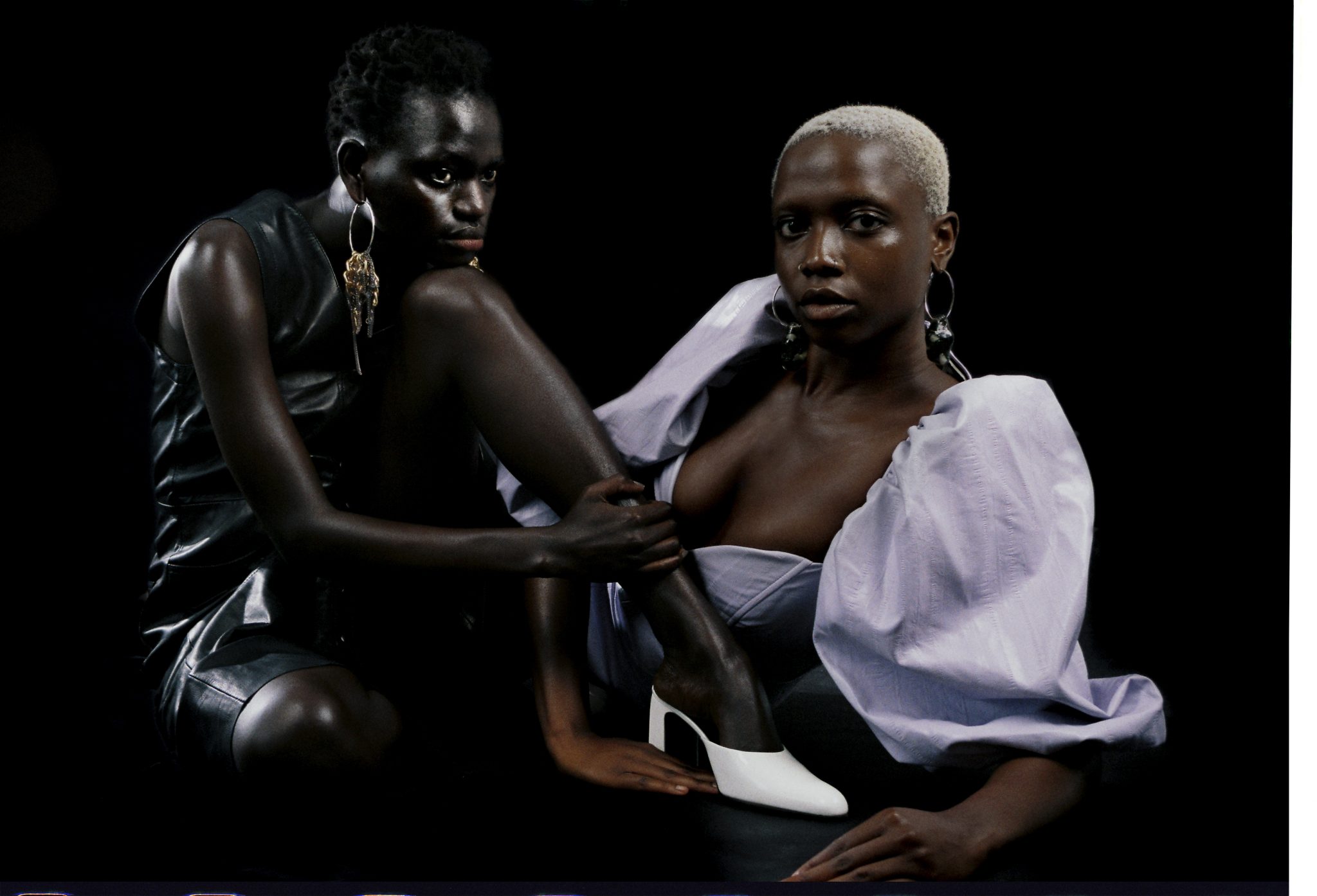Words: Cassandra Seidel
Director And Editor: Somayeh
Executive Producer: Somayeh
Producer: Federica Schiavello
Production Support: Untold Studios + Waye
Director Of Photography: Carmen Pellon Brussosa
1st Ac: Chris Dumont
Gaffer: Seb Nowell
Spark: Marina De La Dehesa
Art Director: Afra Zamara
Art Assistants: Bianca Trombi & Teodoro Rava
Movement Director: Richard Pye
Hair And Make Up: Aaliyah Oke
Stylist: Rhona Ezuma
Colourist: Caroline Morin
Sound Designer: Martina Carluccio & Charlie Cristiani
Models: Sohaila Ferrier, Lauren Mcgee, Lantana Ali, Liza Molnar, Li Jingyi
Actor: Spencer Simmons
Runners: Sohaila Ferrier & Steven Parks
Film Titles: Houman Momtazian At Ongoing Projects

Why are stories about sexual harassment often subdued, hidden and disregarded before they have been told? How do we create a conversation where women and men are given the space to feel safe and tell their stories? Former model, Cameron Russell, created just that; an anonymous space for models to share their stories about working in the fashion industry. It was at this time that London based director, Somayeh, began to develop her own ideas around the male gaze. ‘I See You’ is a short film about the relationship between harassment and the gaze. Somayeh took inspiration from the models who shared their stories and created a visual narrative, leaving viewers in a state of profound disturbance.
“I like to seduce the viewer into something that’s quite aesthetically beautiful, or engaging, and then hit them with something that’s a bit more uncomfortable true, ugly, or relatable. I think the interplay is where my interest in documentary lies; in the truth or exposing a certain truth.”
The creative industries tend to blur the lines between professionalism and creative work. Why are models being put in situations where their work environment becomes an uncomfortable place to be? ‘I See You’ gives us graphic examples of the anxiety, shame and abuse which goes on behind the scenes of a fashion shoot with a predatory photographer. Somayeh’s film encourages men and women working in the creative industries to carry on the conversation, speak out and create networks of safety amongst each other.
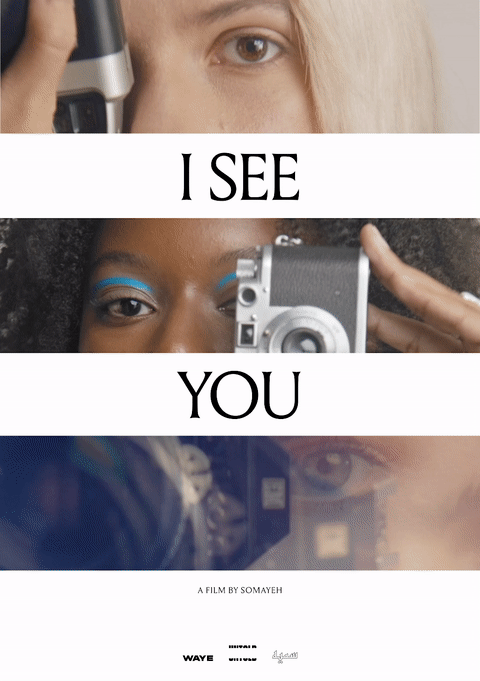
How did you get into directing? What has your creative journey been like?
It’s been a long route. I’ve definitely taken my time to get here. I did my BA in Media Arts at Royal Holloway University in London and it encapsulated everything from directing and screenwriting to contemporary cinema. I did my Masters in documentary, and then from my Masters I fell into editing. The first opportunity I had in London was being an assistant editor, after that I worked in an advertising agency as the in-house content director and editor. In the last four years I made the decision that I wanted to focus solely on becoming a director. I realised film allowed me more space to explore stories, especially personal ones so I started to put my own money into funding my own films whilst working as a video editor in London. That started to slowly pay off in 2018 when I got my first commissions from Nike, Facebook and Puma.
How have you found creativity within captivity during the lockdown period?
‘I See You’ was supposed to be shot just before the first lockdown in 2020 but then I made the decision to not risk it. I spent the first lockdown regretting that decision as I would’ve had the time to edit it and collaborate with others who also had time on their hands due to the lockdown. But it worked out better in the end as I finally managed to get funding for it and we shot it at the end of June. The universe aligned in its own way for me to do that film at that time. I think it was a nice project to do after that lockdown even though the shoot itself was quite limited because of COVID-19. We did everything in one house, shooting all the set ups in one room. I was limited with how wide I could have each set up but this actually worked in our favour and added to the feeling of the models being trapped in their environments.
What inspired your new short film ‘I See You’?
Often my ideas come from images. For this film, I saw an image taken of me whilst I was photographing on set. I noticed how my body was in a really weird shape and then I started thinking how interesting photography is and how interesting the human form is. Photographers often get into unique physical positions to take a photograph and that was an interesting concept for a photography series for me. Placing the models as photographers and experimenting with their body form. Then I stumbled upon Cameron Russell’s article online, exposing these anonymous messages she was getting, with many industry models messaging her in confidence about all of their experiences and I was like, “this is horrific”. So then I started thinking about how these cameras the models are holding can be our viewpoint to their world behind the scenes. I really wanted to encourage women to get behind cameras and it had a double meaning for me. Not only that we are able to see these situations from a women’s point of view; but I wanted to empower future generations of women to get behind the camera and take control of the gaze.
You spoke about emotion when it comes to directing. Was that something you considered in the making of this project?
Yes, it was definitely an objective of mine to shock the viewer and create a strong emotion with exposing the point of view of our models to the audience. Whether that was in the art direction, styling or in the models’ poses, I wanted to showcase the models in uncomfortable positions because they’ve been put in positions where it’s not only physically uncomfortable, but emotionally uncomfortable.
What has the feedback been like from people in the industry?
For a year I attempted to get funding for this project but I was unsuccessful, as the way I wanted to portray this film was quite bold and reactionary. I think my approach was quite a direct approach for something that’s quite a sensitive subject. I think a lot of the people in the industry probably weren’t sure about funding something like this and I can understand why. Luckily, due to the lockdown I managed to find a production company (Untold Studios) who jumped at the opportunity to be involved. This was the first time I’ve ever had any sort of support or funding from a company and it was super special to have that for a film like this. They truly believed in my vision and the message of this film, and didn’t want to change the boldness or the shock I was trying to convey.
What have your personal experiences been like as a female director, in a male dominated work field?
I think the biggest thing is being typecast as a female in terms of the opportunities you get. I feel it’s taken years of self-funding and hard graft to make my films and now that I’m eventually getting there, I’m finding myself being limited to very specific types of adverts for panty liners, dry shampoo or female pop music videos. It’s a struggle because on one hand you’d like to gain the experience, connections and not burn bridges with people creating these opportunities for you but on the other hand it makes it very difficult to build the portfolio you would like as you are feeding into the typecast.
Do you think there is a way in which male photographers can approach a female subject without there being an element of desire?
I think what is quite shocking is that it’s a professional environment and this is something that should not be tolerated by anyone. The messages that Cameron Russell received on her Instagram weren’t always about male photographers; it isn’t always female models that got sexually harassed, it’s also male models, it’s the makeup artists that will advise the models inappropriately or an agent that would just turn a blind eye. For me, what was really important was to open the film with various voices, both female and male who are part of the systemic problem, as my intention was never to be solely anti-male photographers. Fortunately it seems the new generation of models are less accepting of this harassment culture within the industry and that’s why it was important to make this film now. I wanted something that would not only resonate visually but would also encourage and empower women to feel like, yes, they can speak up.
Fashion Credits:
SOHAILA
Red, brown and white patchwork dress – Sarah Kauffman
White patent corset – Matilda Aberg
White tights – Marni
Court heels – Ancuta Sarca
Rhodium plated silver link chain – Mi Manera
LAUREN
Black sheer panel stitched suit – Angel Chen
Green big hook earrings – Alexandra Hakiim
Bralet Latex cut out bra worn over suit – Wojewoda
LANTANA
Sun bleaches feather laced top and bottoms – Masha Popova
Aquatic Swarovski drop earrings – CCHEN2G
And
Brown sunset print jacket – Cygan (END SHOT)
JENNIFER
Blush pink fringed dress – Francesca.R.Pulomba Hundred showroom
Black frill tulle short gloves – CAR|2IE
Silver float earrings – Alexandra Hakim
Black feather strap shoes – stylist’s own
LIZA
Outfit one
Knitted words dress – Louise Watteau
Gold single clip earring – Mi Manera
Outfit two
Cream silk floral applique bra and bottoms – Crease via Young British Designers
Tulle printed top – Katerina Knight
